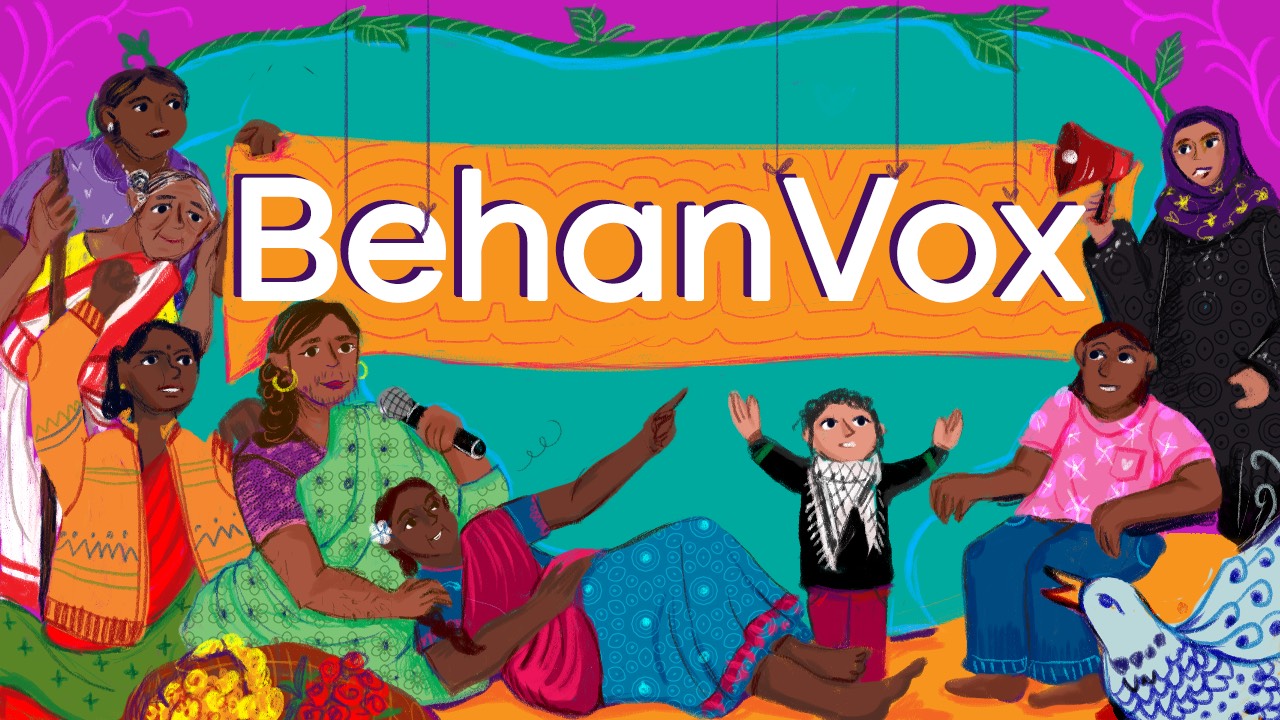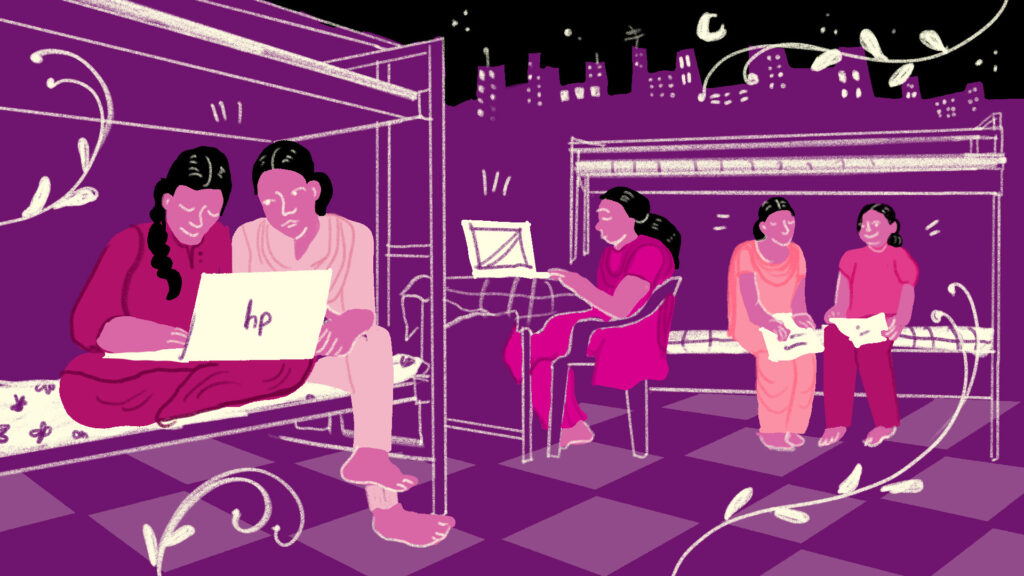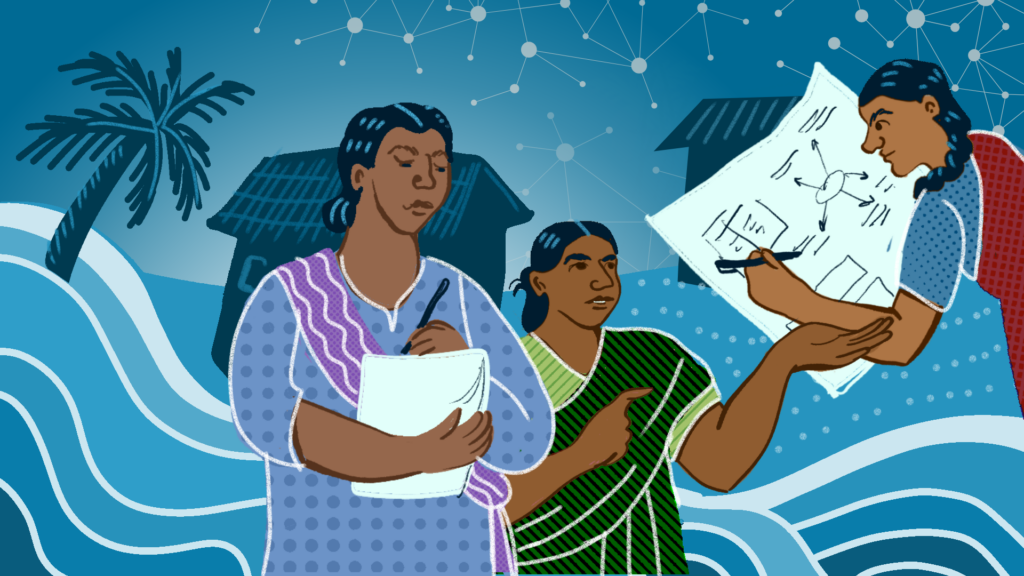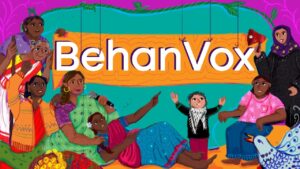When they left their home in Kerala to join a Delhi coaching centre, Hiba and Teertha, both 21, knew that the biggest hurdle would be finding a place to stay that their parents approved of. “Until we find a place with full security, you’re not going,” they had been forewarned.
What the two found were mostly depressingly pokey paying guest (PG) rooms that were often cramped, poorly ventilated rooms and packed with three to six beds. It was a college senior who recommended a government-run working women’s hostel near their coaching centre. The place was clean, well-maintained, and livable — and most importantly, it convinced their parents of its safety.
“We’re well taken care of,” Hiba explained. “But we’re also living under a curfew. If we’re late, our guardians get a call—that’s their way of ensuring we’re ‘safe.’”
These stories mirrored almost exactly the experiences of Mariamal and Kruthika, who featured in Archita Raghu’s recent report for BehanBox on the demand supply problem with the TN state-run Thozhi hostel chains. But Anuj Behal and Suchak Patel’s story this week is built around the problem of accommodation for migrant women workers at a national scale.
Working women normally have a far harder time than this when seeking housing. Between 2001 and 2011, the number of women migrating for work in India increased by 101%—more than double the growth rate for men(48.7%). Yet despite this surge, housing in Indian cities remains fundamentally exclusionary because it is primarily designed for families living in apartments, independent homes, or gated housing societies.
In the absence of accessible private accommodation, women often find themselves navigating a deeply biased rental market where prejudices based on caste, religion, regional identity, and sexuality are common. The lack of a reliable support network further compounds the difficulties women face while relocating to unfamiliar cities or industrial clusters for the first time.
According to information received by BehanBox through an RTI response from the Ministry of Women and Child Development in May 2025, India has only 525 government-run Sakhi Niwas shelters, with a total capacity of 42,230 beds for working women—a critical shortfall considering the millions of migrant women across the country.
Read the story here.






